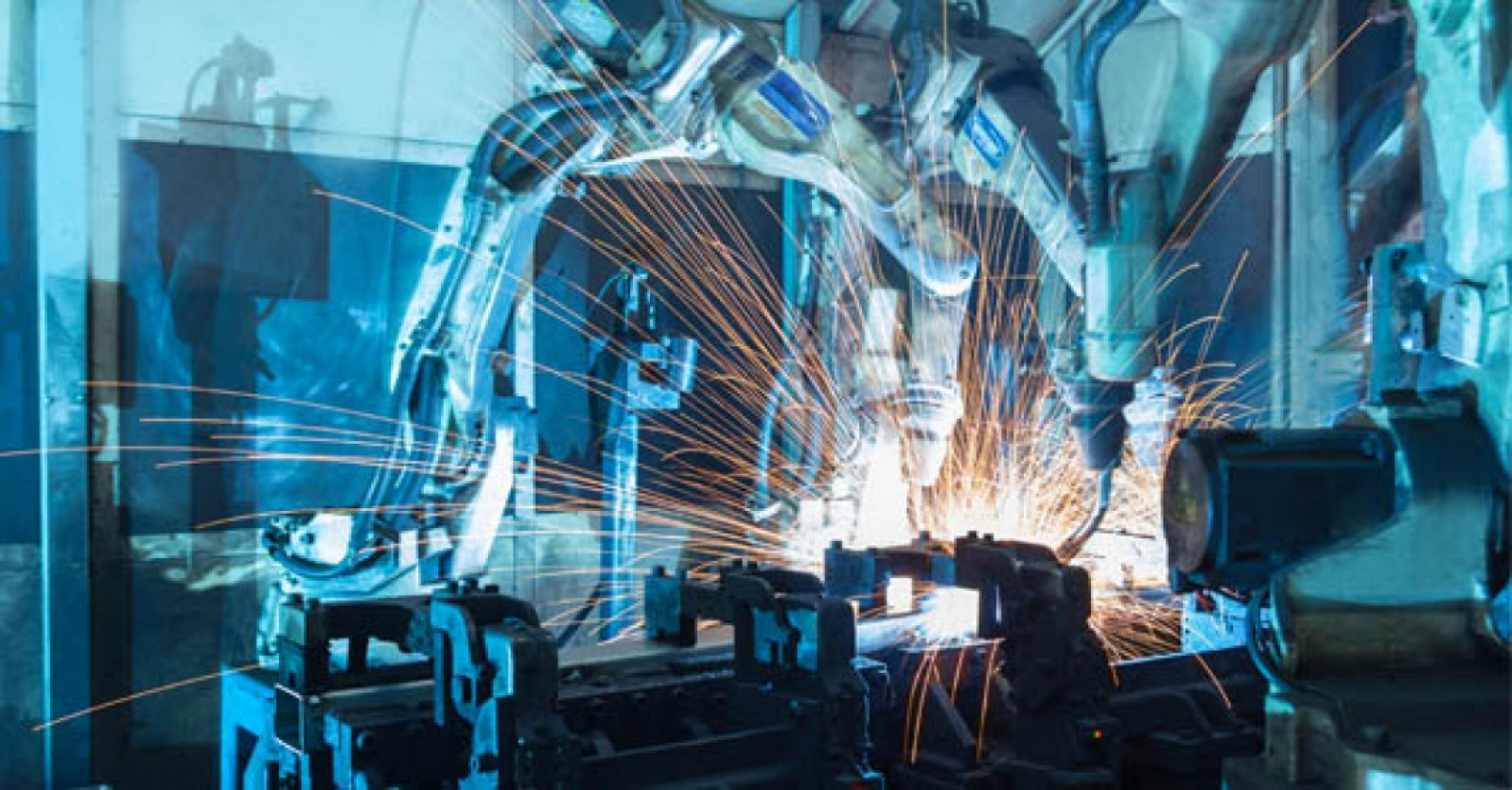It seems we are constantly being told how critical automation is to the future of manufacturing. A topical subject across the media, it promises a utopia; increasing productivity, improving quality, removing repetitive manual jobs and replacing with highly skilled operational / maintenance jobs and improving health and safety.
For many of our larger clients; OEMs and corporates, they have been investing in automated production and products for a number of years and even exploring connect 4IR concepts such as the Internet of Things. The concept being that businesses can retrieve Âbig data from their automated systems and unearth useful information or trends that can be fed back into their processes to further improve the efficiency of their operations.
For our SME client base, this Âreality doesnÂt seem quite as easy to grasp. Capital, time and resources are not so easily available and so it becomes something only considered accessible or even necessary by big businesses.
Automation is rapidly changing the business environment and the opportunities available should be considered by businesses of all sizes - itÂs time to remove the myths and assumptions surrounding automation.
ItÂs only for large organisations
This is certainly not the case, in fact those fore running SME companies that embrace automation and indeed the concepts surrounding Industry 4.0 will find themselves competitive on a global scale.ItÂs not for us
When systems and operations have a success formula that have stood the test of time for years or even decades, it is difficult to comprehend adjusting a proven architecture. However, one must consider how competitors may move forward. Will this push our product to the end of its life cycle? How and when will you need to adapt?If we think how the digital revolution changed the music industry in the 2000's, established norms were removed at an extremely fast pace  established brands disappeared and buying habits transformed. Imagine if a competitor invested in automated systems which allowed them to produce items faster, cheaper, with improved quality and accurately or intelligently and customised at no extra effort or cost. Imagine if you were that visionary company.
ItÂs too expensive
The cost and also how the capital is raised is a sticking point for many SMEs. The ramifications of the 2008 banking collapse still linger in the memory of many business leaders and the risks associated with lending should not be taken lightly. Of course, there is a cost attached to adopting automated processes, however, SMEs considering whether to invest can make a rational and calculated decision prior to committing to any expenditure by speaking to a systems integrator. Viewing the exercise as an investment rather than a cost is key.How can an SME get automated?
Many questions an SME may have can be answered by talking to an automation partner / systems integrator. They will be able to identify areas where automation can add value to a manufacturing process and identify:>How their facilities could adopt automation, what type of automation could assist
>What capital investment they would require and a forecast return on investment running over a number of years
>What internal training / up-skill your workforce would need
While the list above is very much simplified, it outlines the first stepping stones to considering automation. Perhaps, one of the most important elements is to get people into the mind-set of 4.0 culture and engagement. Creating a culture where the employees are engaged and want to improve the business is key.
SMEs should not think automation is not within their grasp. Take the first step and speak to a systems integrator. Why not open the door to wider market opportunities and potentially compete in a global arena?
For more information, speak to Richard Heaton, resident automation and robotics expert at Jonathan Lee Recruitment.
Richard Heaton
01384 446105
richard.heaton@jonlee.co.uk
> View the latest automation jobs











